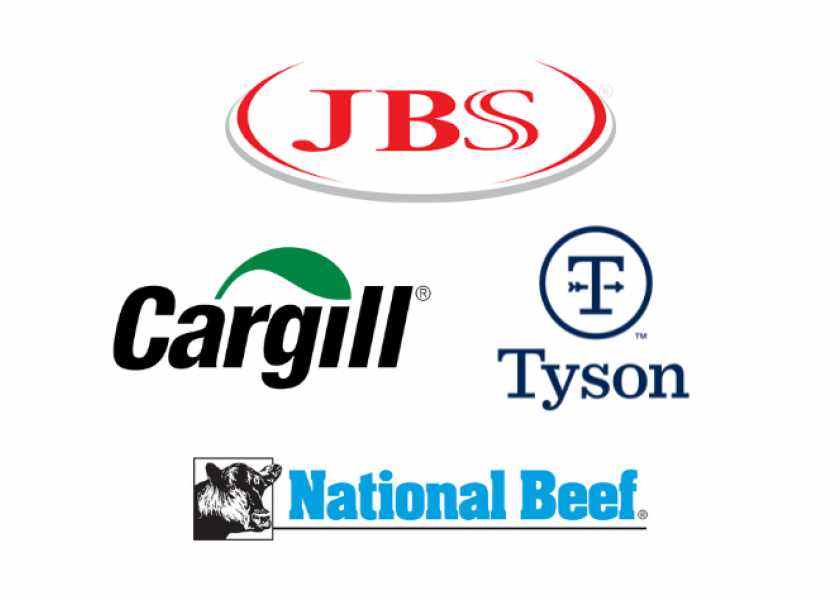Antitrust Investigation of 'The Big 4' Proposed by Senators' FTC Resolution

“The top-four beef packers increased their market share from 32% to 85% in the past three decades. At the same time, each year since 1980, an average of nearly 17,000 cattle ranchers have gone out of business,” says the Bipartisan Beef-Packing Investigation Resolution introduced by U.S. Senators Elizabeth Warren (D-Mass.) and Mike Rounds (R-S.D.).
Digging into the history files, Sen. Warren and Sen. Rounds called on the Federal Trade Commission Act of 1914 (FTC Act) to dive into the antitrust allegations against “The Big 4” including Tyson Foods Inc., Cargill, JBS SA and National Beef Packing Co.
The FTC Act allows the president or Congress to investigate and report the facts relating to any alleged violations of the antitrust Acts by any corporation within one year, says Cornell Law School’s Legal Information Institute. This act has not been utilized by Congress since the Great Depression era.
“In the 1920s, Congress directed the Federal Trade Commission (FTC) to investigate specific companies like American Tobacco, as well as entire markets such as the flour industry,” the resolution explains.
President Biden utilized this law to call for an oil-and-gas investigation in Nov. 2021.
The senators’ resolution directs the FTC to report to Congress within one year on the extent of anticompetitive practices and violations of antitrust law in the beef-packing industry, including price fixing, anticompetitive acquisitions, dominance of supply chains and monopolization, says the resolution.
“American ranchers today receive approximately 39 cents of every dollar a consumer spends on beef, compared to the 60 cents they received 50 years ago, and between 2015 and 2018 the spread between the cost of wholesale beef and the price paid to ranchers increased by 60%, while the top beef packers enjoyed record profits,” the resolution stated.
The FTC will report on the harms of anticompetitive practices, both monetary and others, as well as violations of antitrust law in the beef-packing industry on consumers, ranchers, farmers, plants workers and small businesses, says the resolution.
This resolution will also provide recommendations for legislation or other remedial actions.







